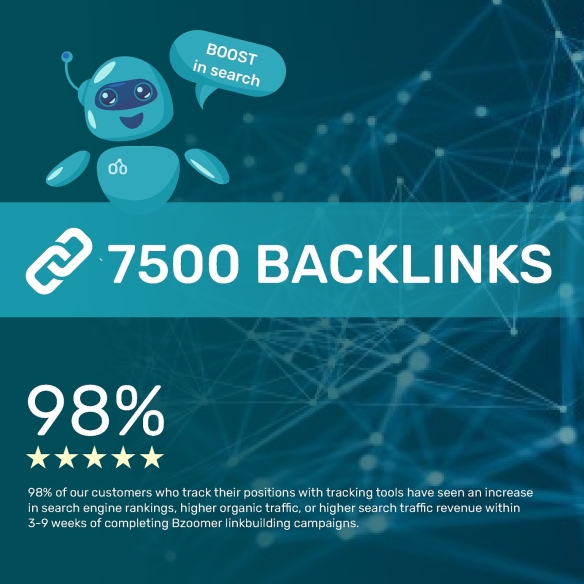A feasibility study is a critical assessment conducted before starting a project or business venture. Its primary objective is to determine if the proposed idea is feasible, meaning that it can be successfully executed under current conditions and constraints. This involves a thorough investigation of all factors that could impact the project’s success, such as technical, financial, market, and legal considerations. By performing a feasibility study, organizations can make data-driven decisions and avoid potential risks and failures.
Feasibility studies are not only valuable for private sector companies but are also crucial for public institutions and government agencies, such as the USDA (United States Department of Agriculture) and the SBA (Small Business Administration). Additionally, in today's globalized economy, international feasibility studies have become increasingly common as businesses expand across borders.
Key Elements of a Feasibility Study
-
Technical Feasibility: This aspect evaluates the technical resources required to execute the project. It involves assessing the availability and capability of technology, infrastructure, and skills to determine whether the project is achievable.
-
Market Feasibility: This component examines the demand for the proposed product or service. It includes analysis of market trends, customer demographics, and the competitive landscape. Market feasibility ensures that there is a sufficient customer base to support the venture.
-
Financial Feasibility: Financial analysis is crucial to assess whether the project is economically viable. This involves calculating costs, projected revenues, cash flow, and the return on investment (ROI). Financial feasibility helps organizations determine if the project will be profitable in the long term.
-
Legal Feasibility: Legal feasibility involves reviewing regulations, permits, environmental considerations, and other legal factors that could affect the project. This step ensures compliance with local, national, or international laws.
-
Operational Feasibility: This focuses on how well the project will function once implemented. It includes considerations such as workforce availability, supply chain logistics, and operational processes.
Importance of Conducting a Feasibility Study
A feasibility study offers a range of benefits that make it indispensable for any significant project:
- Risk Mitigation: By analyzing all critical factors, feasibility studies identify potential risks early in the project. This allows decision-makers to mitigate these risks before making a substantial commitment.
- Cost-Effectiveness: A comprehensive study can help avoid wasted resources by highlighting unfeasible projects before time and money are invested.
- Informed Decision-Making: Feasibility studies offer objective data that guide strategic decisions, increasing the likelihood of project success.
- Attracting Investors: A well-done feasibility study can be presented to potential investors or funding agencies to secure financial backing.
USDA Feasibility Studies
The USDA conducts and supports feasibility studies primarily for projects aimed at rural and agricultural development. These studies are often required for USDA grants and loans. Programs like the Value-Added Producer Grant (VAPG) and the Rural Energy for America Program (REAP) involve feasibility studies to assess whether rural projects can enhance the economy or improve the quality of life.
Focus Areas of USDA Feasibility Studies:
- Agriculture and Farming: For farmers seeking USDA support for expanding operations or adopting sustainable farming practices, a feasibility study is necessary to demonstrate market demand, financial viability, and environmental sustainability.
- Rural Energy Projects: Projects related to renewable energy, such as wind, solar, or bioenergy initiatives, are assessed for their technical and financial feasibility, especially when applying for programs like REAP.
- Rural Economic Development: Feasibility studies for projects in rural economic development focus on infrastructure improvements, job creation, and enhancing services like healthcare or education in underserved areas.
SBA Feasibility Studies
The Small Business Administration (SBA) requires feasibility studies for many of its loan and grant programs, particularly for start-ups and small businesses seeking expansion. These studies assess whether the business idea is financially viable and likely to succeed.
Focus Areas of SBA Feasibility Studies:
- Business Start-Ups: Entrepreneurs applying for SBA loans need to provide a feasibility study showing the potential success of their business model, including market demand, financial projections, and operational readiness.
- Business Expansion: If a small business seeks an SBA loan to expand, a feasibility study must demonstrate that the expansion will be profitable and sustainable.
- Loan Risk Assessment: The SBA uses feasibility studies to assess the risk associated with lending. The study helps determine whether the business can generate enough cash flow to repay the loan.
International Feasibility Studies
As businesses increasingly operate in international markets, international feasibility studies have become essential. These studies help organizations understand foreign markets, legal environments, and logistical challenges.
Key Considerations for International Feasibility Studies:
- Cultural Sensitivity: Understanding the culture and preferences of foreign customers is vital. International feasibility studies include market research to assess consumer behavior, language barriers, and cultural differences that might affect business operations.
- Legal and Regulatory Compliance: Different countries have varying legal frameworks, including tax laws, labor laws, and import/export regulations. An international feasibility study ensures compliance with these laws to avoid legal hurdles.
- Political and Economic Environment: The stability of the political climate and the economic health of the target country are essential factors. Feasibility studies look at potential risks such as currency fluctuations, trade policies, and political unrest.
- Supply Chain and Distribution: International logistics can be complex, requiring analysis of transportation options, tariffs, and customs procedures. Feasibility studies help businesses understand these challenges and identify the most efficient ways to enter a new market.
Feasibility studies are a fundamental part of the decision-making process in any project, whether domestic or international. By evaluating technical, market, financial, legal, and operational factors, feasibility studies reduce risk and provide a clear path forward. Organizations such as the USDA and SBA rely on feasibility studies to assess the viability of projects they support, ensuring successful outcomes. Similarly, businesses looking to expand globally must conduct international feasibility studies to navigate the complexities of foreign markets and regulations. In every context, a well-conducted feasibility study is the foundation of successful project execution.



